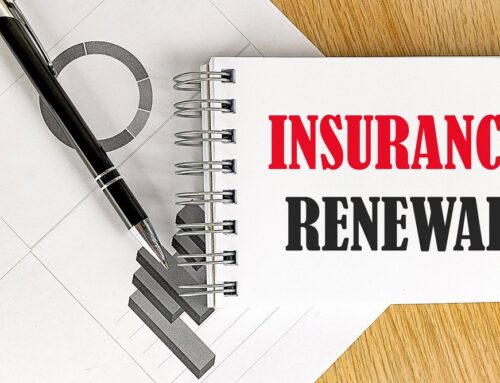
It Starts With Your Driving History
When you apply for car insurance, one of the first factors considered is your driving history. If you’ve had accidents, traffic tickets, or other violations in the past, you’re more likely to pay higher premiums. On the other hand, a clean driving record can work in your favor and result in lower costs. Insurance companies use this data to assess how likely you are to file a claim. They view past behavior as a strong predictor of future risk. If you’ve shown responsibility behind the wheel, you’re likely to be rewarded with more affordable coverage. But even one speeding ticket or fender bender can make a noticeable difference in your rates, especially if it’s recent.
Where You Live Plays a Major Role
Your ZIP code isn’t just for mailing purposes—it also influences your auto insurance rate. Living in a densely populated city usually means higher premiums due to increased chances of collisions, theft, and vandalism. Even if you’re a cautious driver, being surrounded by more traffic and tight parking situations can raise the odds of incidents. On the other hand, rural or suburban areas often come with lower risks and, consequently, lower rates. But it’s not just about traffic. Local laws, the number of uninsured drivers in the area, and weather conditions all affect how much you pay. That’s why two drivers with nearly identical profiles can receive very different quotes based solely on their address.
The Type of Car You Drive Matters
Not all cars are treated the same by insurance companies. If you’re driving a high-performance sports car, expect your rates to reflect that. These vehicles are not only more expensive to repair or replace, but they’re also statistically more likely to be involved in speeding-related incidents. On the other hand, a family sedan with solid safety features and a low theft rate might result in a lower premium. Insurers consider crash-test ratings, repair costs, theft data, and safety technology when evaluating a car. So, even if two people have identical driving habits, the difference between a luxury SUV and a compact commuter car can mean hundreds of dollars per year in premiums.
Your Profile Can’t Be Ignored
It might seem unfair, but your age, gender, credit history, and even marital status can influence your auto insurance rate. Younger drivers, especially teenagers, typically pay more due to their lack of experience and higher accident rates. Statistically, males under 25 face higher premiums than females in the same age group. Additionally, many insurers consider credit scores when setting rates, under the assumption that financial responsibility often correlates with driving responsibility. Married drivers tend to file fewer claims, which may make them eligible for lower rates. While some of these factors may feel out of your control, knowing how they affect your rate can help you make adjustments where possible, like improving your credit score or taking a defensive driving course.
Coverage Choices and Deductibles Influence Price
How much coverage you choose has a direct effect on what you pay. If you select a basic liability policy, your premium will be lower—but so will your protection. Choosing full coverage, which includes comprehensive and collision coverage, naturally comes with a higher price tag, but it also means better support in the event of an accident or damage. Then there’s your deductible—the amount you agree to pay out of pocket before your insurance kicks in. A higher deductible usually results in a lower premium, while a lower deductible means paying more each month. By balancing your risk tolerance with your budget, you can create a policy that suits you without overpaying or leaving yourself vulnerable to hefty bills.
Ready to Make Sense of Your Rate?
Auto insurance doesn’t have to be a mystery. You deserve a clear explanation of your rates and the power to make choices that align with your needs. At Koda Insurance Services, we help you understand the factors that influence your premium and how you can take control of your coverage. Contact us at (619) 600-5550 or complete our quick online form to get started today.




